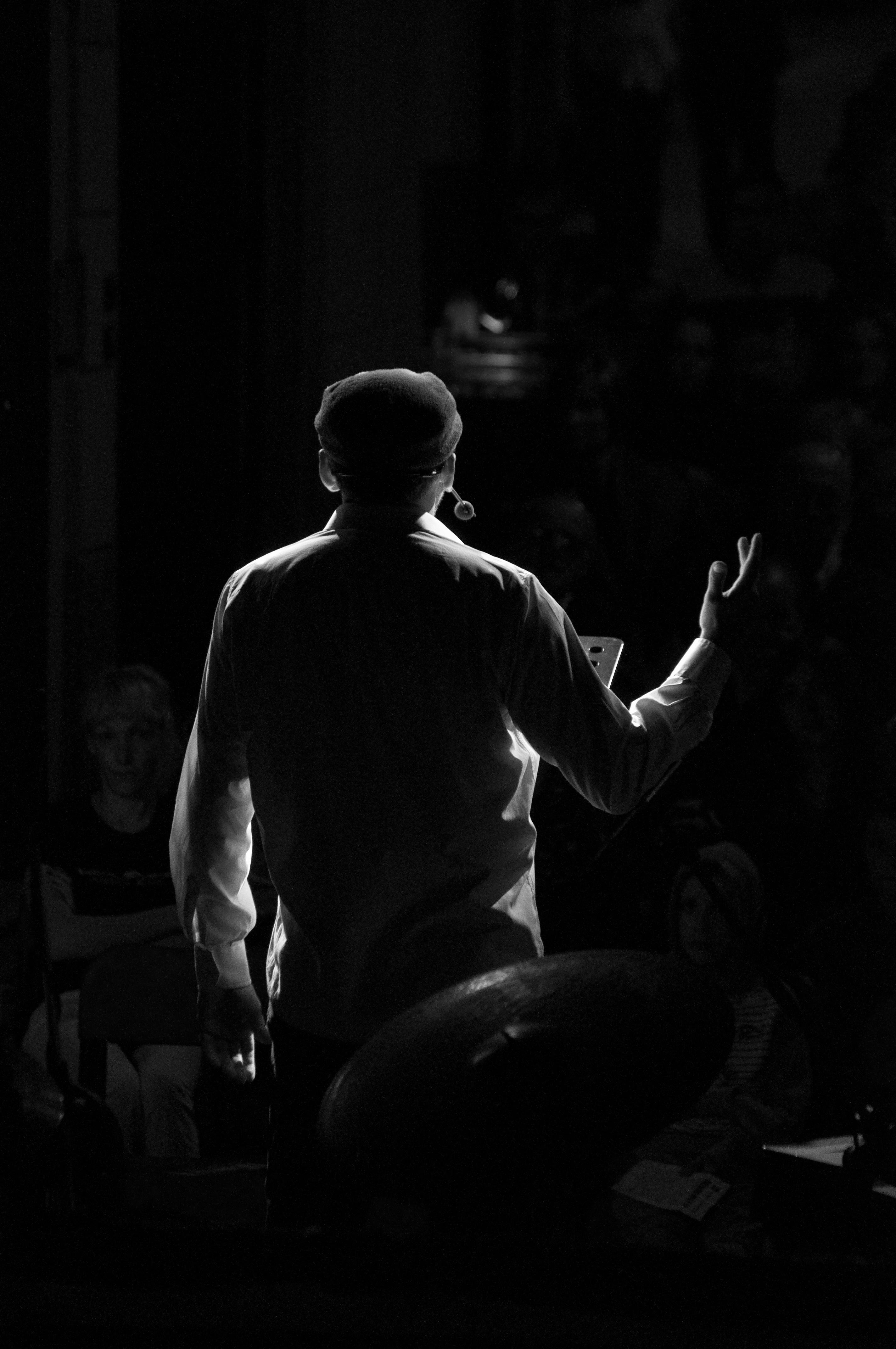In recent years, the entertainment industry has witnessed a noticeable shift in the tone and content of awards acceptance speeches, with actors and directors increasingly using the platform to express political viewpoints. This trend has sparked a lively debate among audiences, industry professionals, and cultural commentators alike. While some applaud these speeches as powerful expressions of personal conviction and catalysts for social change, others criticize them as unwelcome diversions from the celebration of artistic achievement. This article seeks to explore the dynamics of this evolving phenomenon, examining the motivations behind these politically charged moments, their impact on the public discourse, and the broader implications for the intersection of entertainment and politics. By analyzing various perspectives, we aim to provide a comprehensive understanding of whether the growing politicization of acceptance speeches is enhancing or detracting from the essence of awards ceremonies.
The Evolution of Awards Speeches: A Historical Perspective
Throughout the history of awards ceremonies, acceptance speeches have undergone a significant transformation, mirroring the evolving landscape of society and the entertainment industry. In the early days, speeches were often concise and focused primarily on expressing gratitude. As the decades passed, these platforms began to reflect broader cultural and political shifts. The 1970s and 1980s saw a rise in speeches addressing social issues, as figures like Marlon Brando and Vanessa Redgrave used their moments in the spotlight to advocate for indigenous rights and criticize political conflicts, respectively.
In contemporary times, the trend has intensified, with many actors and directors choosing to use their speeches as platforms for political commentary. Some argue this shift is a natural evolution, as artists are increasingly seen as influencers who shape public discourse. Key themes often highlighted include:
- Climate Change: Urgent calls for environmental action.
- Social Justice: Addressing racial and gender equality.
- Political Critique: Commentary on governmental policies and leadership.
This evolution reflects a broader societal expectation that public figures use their influence to promote awareness and change. Whether viewed as a distraction from the art itself or a necessary use of visibility, the shift in awards speeches signifies a complex interplay between celebrity culture and activism.

Analyzing the Impact of Political Statements on Audience Perception
In recent years, awards acceptance speeches have transformed into platforms for actors and directors to voice their political beliefs. This shift prompts an examination of how such statements influence audience perception. When a celebrity uses their moment in the spotlight to address political issues, it can lead to a spectrum of reactions from the audience. Some may feel inspired or validated, while others might experience alienation or frustration. The impact on audience perception can be profound, as these speeches often garner widespread media coverage, amplifying their reach beyond the immediate audience.
- Positive Engagement: Audiences who share similar beliefs may feel a sense of connection and empowerment.
- Polarization: Divergent views can deepen existing divides, creating an “us versus them” mentality.
- Influence on Public Opinion: High-profile statements can shape or shift public discourse, bringing attention to specific issues.
The implications of these political statements are complex, as they may also affect the professional image of the artists involved. While some may see them as courageous advocates, others might criticize them for diverting attention from their artistic achievements. Ultimately, the intersection of politics and entertainment continues to provoke discussions about the role of public figures in societal debates.

Balancing Art and Advocacy: Challenges for Actors and Directors
In the realm of cinema, the intersection of art and advocacy is often a delicate balance, posing unique challenges for both actors and directors. As public figures, they wield significant influence, and their platforms during award ceremonies are seen as opportunities to spotlight pressing social issues. However, this raises questions about the appropriate scope of such advocacy. Should the focus remain solely on artistic achievements, or is it acceptable for these moments to serve as a stage for political statements?
Critics argue that when acceptance speeches become overly political, they risk overshadowing the artistic accomplishments being celebrated. On the other hand, proponents assert that the visibility and reach of these events make them ideal for advocating change. Considerations include:
- Audience Expectation: Are viewers primarily tuning in for entertainment, or are they open to receiving political messages?
- Message Clarity: Does the speech clearly convey its intended message, or does it become muddled in broader political discourse?
- Impact on Career: How do political statements affect the actor’s or director’s future opportunities within the industry?
Ultimately, the challenge lies in finding a harmonious blend that respects the art form while allowing for meaningful advocacy, a task that demands both sensitivity and strategic thinking from those in the spotlight.

Strategies for Maintaining Neutrality in Acceptance Speeches
When it comes to acceptance speeches, maintaining neutrality can be a delicate balance. Here are some strategies that actors and directors might consider to ensure their speeches remain inclusive and focused on the occasion:
- Focus on the Craft: Centering the speech around the art of filmmaking or acting can help keep the conversation on the work itself. Discussing the creative process, the challenges overcome during production, or the dedication of the cast and crew can highlight the collaborative nature of the industry.
- Celebrate Diversity: Instead of diving into specific political issues, acknowledging the diverse backgrounds and perspectives within the industry can foster a sense of unity. Celebrating how these differences contribute to storytelling can be both inclusive and inspiring.
- Express Gratitude: Emphasizing appreciation for the award, the audience, and the support system that helped achieve success can keep the speech personal and positive. This approach allows the speaker to convey sincerity without veering into divisive topics.
- Encourage Dialogue: If addressing societal themes, framing them as opportunities for further conversation rather than taking a definitive stance can invite a broader range of perspectives. Encouraging dialogue can open doors for constructive discussions beyond the ceremony.
